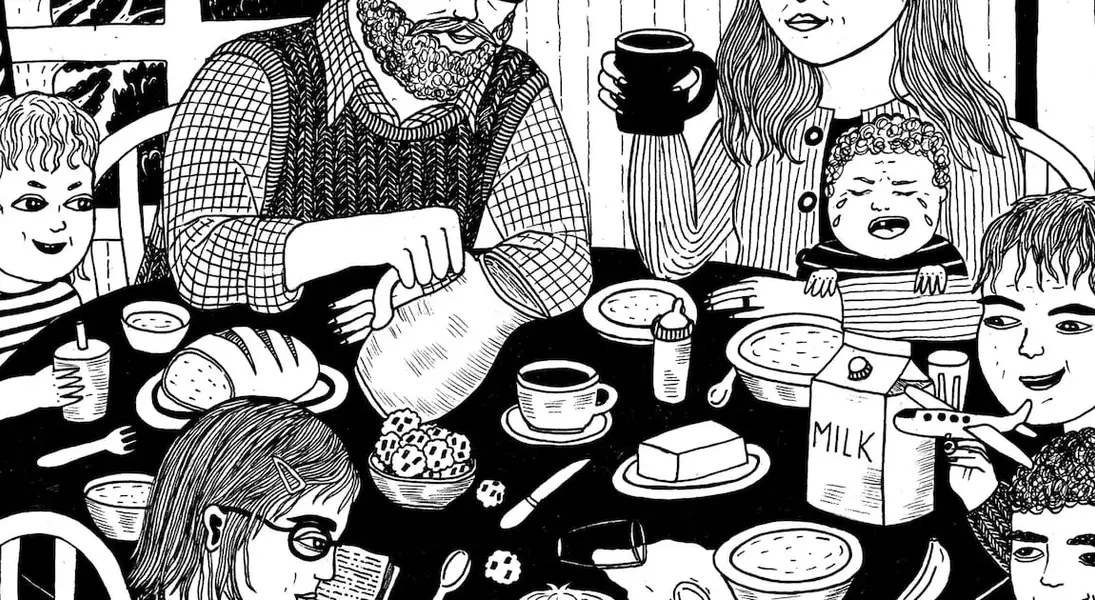
Exploring the phenomenon of large families passing down their size across generations reveals intriguing patterns. Individuals raised in expansive households often replicate this model when they become parents themselves. This tendency contrasts with broader societal trends, where family sizes have dwindled significantly over the past two centuries. Despite modern influences, those from larger families seem to carry forward a unique approach to parenthood.
Research indicates that upbringing plays a crucial role in shaping attitudes toward having children. Growing up in a bustling household offers practical experience in caregiving, which demystifies the challenges of parenting. Such exposure can make the prospect of raising a family less intimidating compared to peers who lack similar experiences. Moreover, observing siblings or relatives navigate parenthood may inspire an emotional connection to the idea of starting a family, reinforcing the cycle of larger family units.
Beyond individual choices, the characteristics of large families could offer valuable lessons for society as a whole. A culture that values and supports the effort of raising children might encourage more people to embrace parenthood, regardless of their own childhood experiences. By promoting a relaxed and inclusive approach to family life, where children are integral to daily interactions, society could foster a more family-friendly environment. Ultimately, while global fertility rates continue to decline, the enduring influence of large families suggests a potential pathway for reimagining how we view and support family structures today.
Although modern parenthood presents undeniable challenges, those who grew up in large families often find themselves better prepared for the journey. Their experiences instill confidence in navigating the complexities of family life, ensuring that each new generation continues the legacy of close-knit, supportive households. In embracing these lessons, society might rediscover the joys and benefits of nurturing expansive family networks, enriching lives for generations to come.
